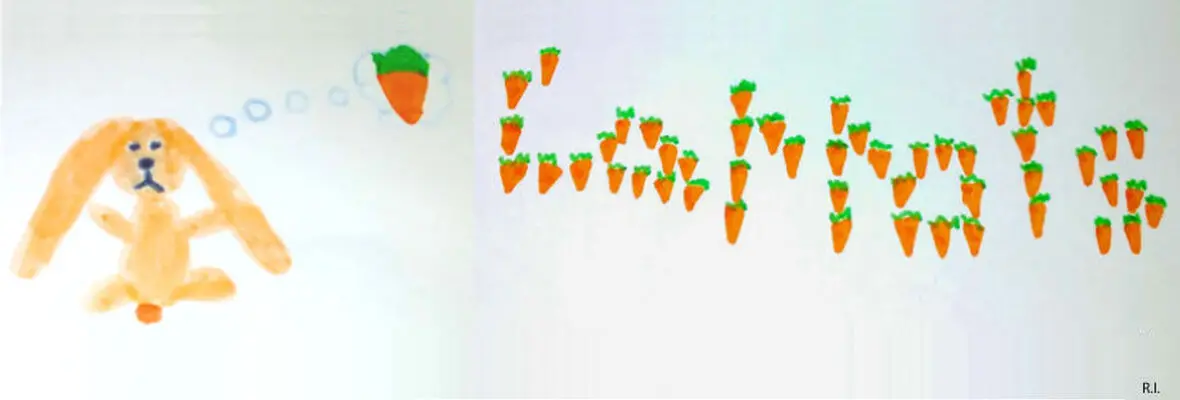Neuronal Basis of Decision Making
Decision-making is a computationally demanding process that requires the brain to interpret incoming sensory information in the context of goals, expectations, preferences, and other factors. In other words, the brain needs to combine sensory and contextual information, each with its own forms of uncertainty, to reach a single decision to guide behavior. The ability to properly incorporate contextual information is crucial for our well-being: solely relying on external sensory information leads to rigid, machine-like behavior; excessively relying on contextual information leads to compulsive decisions not based on the sensory reality. Our research efforts focus on how the brain implements the neural computations that are needed to combine uncertain visual and reward context information, particularly in the associative basal ganglia loop.


